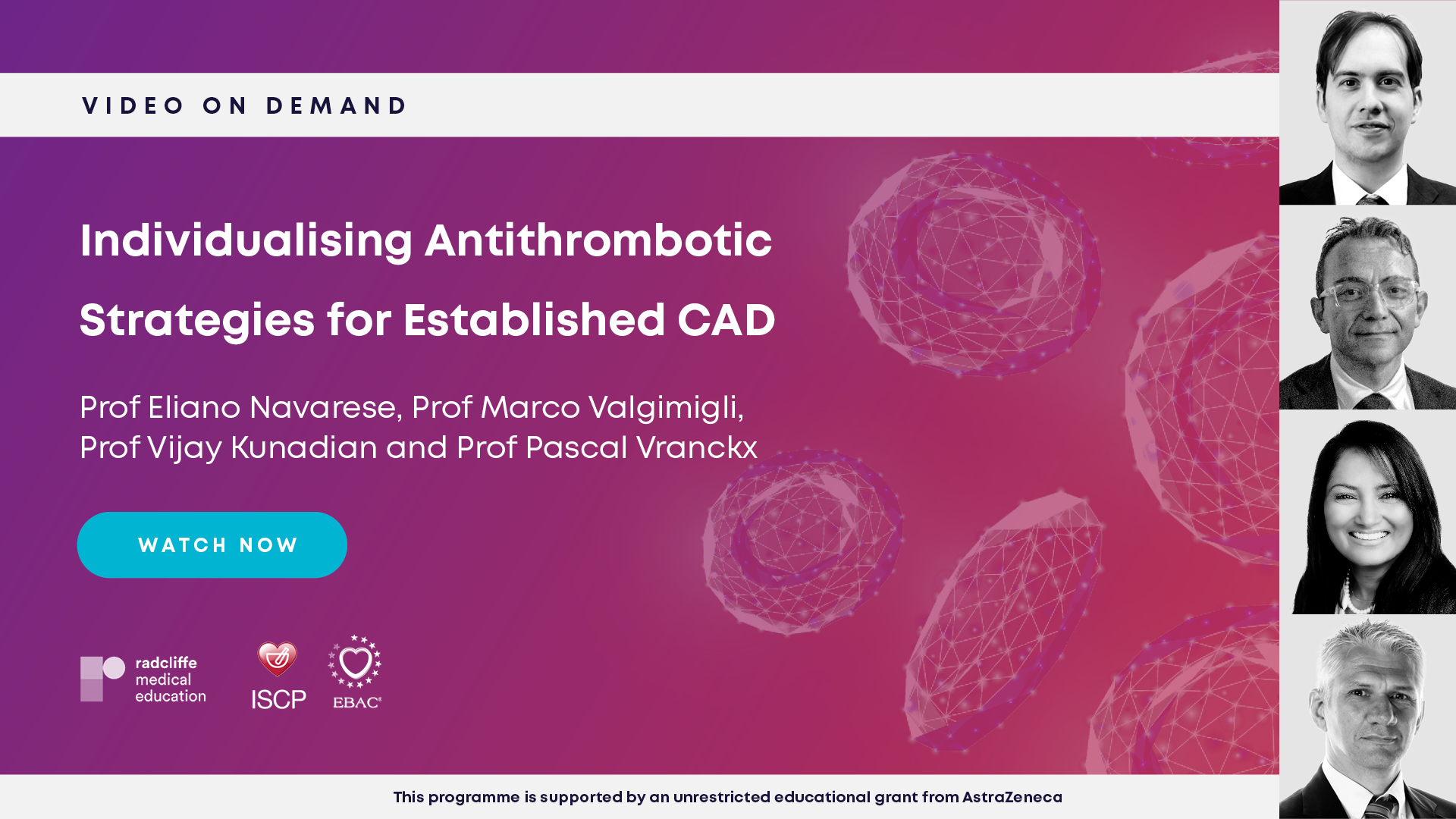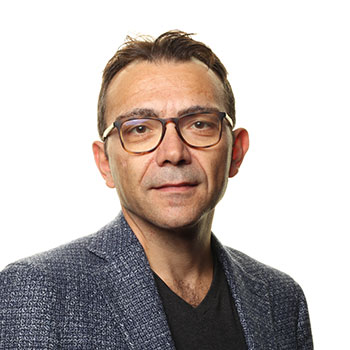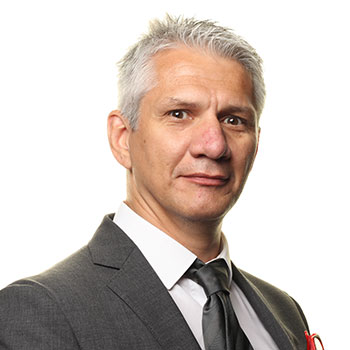Individualising Antithrombotic Strategies for Established Coronary Artery Disease
Published: 07 March 2023
-
Views:
 11478
11478
-
Likes:
 7
7
-
Views:
 11478
11478
-
Likes:
 7
7
-
 5m 42sPart 9 | Session 1 Case Study: Patient with ACS
5m 42sPart 9 | Session 1 Case Study: Patient with ACS -
 4m 42sPart 9 | Session 2 Case Study: Patient with CCS
4m 42sPart 9 | Session 2 Case Study: Patient with CCS
-
 3m 49sPart 1 Patient Follow Up: Patient with CCS Pascal Vranckx
3m 49sPart 1 Patient Follow Up: Patient with CCS Pascal Vranckx
-
 2m 25sPart 2 Summary Marco Valgimigli
2m 25sPart 2 Summary Marco Valgimigli
-
 10m 50sPart 3 | Session 1 Case Study: Patient with ACS Eliano Navarese
10m 50sPart 3 | Session 1 Case Study: Patient with ACS Eliano Navarese
-
 7m 18sPart 3 | Session 2 Case Study: Patient with CCS Pascal Vranckx
7m 18sPart 3 | Session 2 Case Study: Patient with CCS Pascal Vranckx
-
 16m 45sPart 4 Development of a Consensus for Antithrombotic Therapy in CAD Marco Valgimigli
16m 45sPart 4 Development of a Consensus for Antithrombotic Therapy in CAD Marco Valgimigli
-
 15m 52sPart 6 Clinical Consensus Statements on Patients With ACS Vijay Kunadian
15m 52sPart 6 Clinical Consensus Statements on Patients With ACS Vijay Kunadian
-
 10m 26sPart 7 Clinical Consensus Statements on Patients With CCS Pascal Vranckx
10m 26sPart 7 Clinical Consensus Statements on Patients With CCS Pascal Vranckx
Overview
This three-part programme delves into the critical importance of individualised antithrombotic treatment in both Acute Coronary Syndrome (ACS) and Chronic Coronary Syndrome (CCS).
Part one of this programme presents two compelling patient case studies. Prof Pascal Vranckx (Hartcentrum Hasselt, BE) presents a complex 62-year old male with stable angina and HFrEF, undergoing an elective angiography and Prof Eliano Navarese (Nicolaus Copernicus University, PL) presents a 62-year-old male with persistent chest pain, transferred for PCI within 24 hours of onset.
In part two, during a roundtable chaired by Prof Marco Valgimigli (Instituto Cardiocentro Ticino, Lugano, CH), our panel of experts review the two intriguing patient cases, providing valuable insights into the challenges faced and highlighting the need for tailored treatment approaches. This roundtable brings to the forefront impactful new trial data that will reshape the way we approach antithrombotic therapies in ACS and CCS.
The panel, including Prof Vijay Kunadian (Newcastle University, UK), discuss practical solutions to common challenges experienced in real-world practice whilst summarising the new recommendations for antithrombotic treatment strategies in ACS and CCS patients with established coronary artery disease (CAD) made in the 2022 joint clinical consensus statement of the European Association of Percutaneous Coronary Intervention (EAPCI), Association for Acute Cardiovascular Care (ACVC) and European Association of Preventive Cardiology (EAPC).
In the final part, we offer a short but impactful follow-up on the patient journey.
Please note that the live version of this roundtable was CME accredited; this on-demand version is not.
Learning Objectives
- Summarise current guidance for choosing antithrombotic therapy in established CAD
- Describe current gaps in clinical evidence and what is missing from current guidance
- Adopt an evidence-based approach for managing patients with ACS and CCS
Target Audience
- General Cardiologists
- Interventional Cardiologists
- Nurses
- HCPs
More from this programme
Part 1
Patient Follow Up
In the final part of this programme, we revisit Prof Vranckx to hear his patient's one year follow up journey.
| 1 session | |
| Patient Follow Up: Patient with CCS | Watch now |
Part 2
Roundtable Summary
Part 3
Patient Cases Revisited
Prof Navarese and Prof Vranckx present the two clinical case studies on ACS and CCS to be examined in this programme. Additionally, the panel review audience poll results on the initial approach to these patients.
Part 4
Development of a Consensus for Antithrombotic Therapy in CAD
Here Prof Valgimigli discusses the rationale behind the development of the new consensus statements on ACS and CCS, presents key data that has driven the recommendations, and highlights the shift in antiplatelet paradigm the consensus brings.
Part 5
Antithrombotic Treatment Strategies in Patients With Established CAD: Results of Two Network Meta-Analyses
Prof Navarese presents the results of a companion network meta-analysis on antithrombotic strategies in established CAD, including a ranking of individual strategies to identify best-in-class agents for key primary and secondary endpoints.
Part 6
Clinical Consensus Statements on Patients With ACS
Prof Kunadian summarises the recommendations made in the new joint clinical consensus statement of the EAPCI, ACVC and EAPC on patients with ACS, covering short and long-term strategy for monotherapy and dual/triple antiplatelet therapy.
Part 7
Clinical Consensus Statements on Patients With CCS
Prof Vranckx summarises the recommendations made in the new joint clinical consensus statement of the EAPCI, ACVC and EAPC on patients with CCS, covering individualised antithrombotic approaches and examination of bleeding risk.
Part 8
Panel Discussion and Q&A
Chaired by Prof Valgimigli, the faculty join to discuss the key learning points of the broadcast, answer audience questions and provide their expert opinion on the exemplar case studies.
| 1 session | |
| Panel Discussion and Q&A | Watch now |
Part 9
Patient Case Studies
If you missed the first part of the programme, you can catch up here. In these short videos, Prof Vranckx and Prof Navarese present compelling patient case studies.
Faculty Biographies

Marco Valgimigli
Deputy Chief of Cardiology
Prof Marco Valgimigli is an Interventional Cardiologist and Deputy Chief of Cardiology at the Cardiocentro Ticino Institute in Lugano, Switzerland.
He obtained his medical degree from the University of Bologna, and completed his training in internal medicine at the same university. He received a degree in cardiological sciences at the University of Ferrara and a PhD in interventional cardiology at Erasmus Medical Center in Rotterdam.
Prof Valgimigli’s areas of research are wide ranging and include high-risk percutaneous interventions (PCI); invasive treatment of myocardial ischaemia (MI); reparative medicine with adult stem cells during MI and heart failure; antithrombotic therapy during and after PCI; and prognostic stratification during acute coronary syndromes and MI.

Eliano Navarese
Head of Clinical and Experimental Cardiology
Prof Eliano Navarese is an Interventional Cardiologist, Associate Professor and Head of Clinical and Experimental Cardiology at the University of Sassari, Sardinia Island in Italy.
His expertise is in the fields of interventional cardiology, coronary artery disease, antithrombotics, lipid-lowering therapies, cardiovascular pharmacotherapy, clinical trials and evidence-based medicine.

Vijay Kunadian
Professor of Interventional Cardiology
Prof Vijay Kunadian is Personal Chair and Professor of Interventional Cardiology at Newcastle University.
Prof Kunadian completed all her cardiology training in the North East of England. She undertook an international academic fellowship in cardiology at the TIMI/PERFUSE Study group, Brigham and Women’s Hospital/Harvard Medical School, Boston MA.
Prof Kunadian has an international reputation in interventional cardiology and cardiovascular research, making her a sought-after and respected speaker at prominent national and international meetings. She has championed diversity in her specialty as a role model; only 5% of interventional cardiologist are female in the UK, <1% are clinical academics.

Pascal Vranckx
Clinical Consultant in Interventional Cardiology and Medical Director of Cardiac Critical Care Services
Prof Pascal Vranckx is a Clinical Consultant in Interventional Cardiology and Medical Director of Cardiac Critical Care Services at the Hartcentrum Hasselt in Belgium, and Professor of Medicine at the University of Hasselt, Belgium.
Prof Vranckx is also board member of the European Cardiovascular Research Institute, in Rotterdam, The Netherlands.





